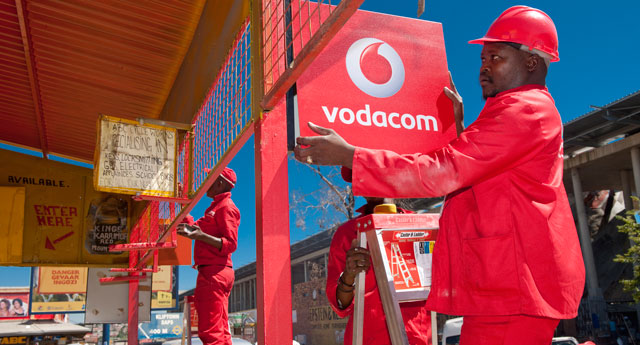
Although black economic empowerment (BEE) share deals are often complicated in their structure and are at times priced at hefty discounts and have limited liquidity, it appears that investors who have stuck it out in some schemes are in for a big reward.
One of the deals investors will amass big pay-outs from is MTN Zakhele, the BEE scheme by telecommunications giant MTN. Zakhele, which has a 4% shareholding in MTN, has given shareholders three options for when the scheme expires in November.
The first option is a cash settlement for shareholders that is equivalent to the value of their Zakhele ordinary shares, net of liabilities. The scheme was launched in 2010 with debt to purchase MTN shares — and has to pay a debt of R3,2bn by November.
The second option for shareholders is to accept a combination of MTN Group shares and cash equivalent to the value of their Zakhele shares. After Zakhele expires later this year, the mobile operator might launch another BEE scheme.
As part of the third option, shareholders might be given an option to re-invest into the new BEE scheme. The formation of another scheme will add to several BEE models that were open to the public by MTN since it launched the Ikageng scheme in 1997. This scheme is believed to have created phenomenal value for black investors.
The three options are yet to be formally presented to shareholders.
Whichever option shareholders fancy, investment principal at MMI Holdings Riaz Gardee says the scheme has created “exceptional value”. Black investors subscribed for Zakhele shares at R20/share six years ago, and it has since increased nearly fourfold to about R77/share. Gardee says this equates to a total return of about 400% and a compounded annual growth rate of around 26%.
Investment specialist at Gradidge-Mahura Investments Craig Gradidge supports Gardee’s views, saying MTN Zakhele has worked well for shareholders who invested early in the scheme. “Those who invested later paid a premium on the share,” he says.
With Zakhele trading at a price of R77/share at the time of writing, Gradidge estimates that it’s a discount to the Zakhele net asset value of about R87 (with MTN at R147 a share).
“The discount could narrow as the scheme comes closer to expiring,” he adds. Zakhele currently holds about 64m MTN shares at the market price of R146,90, valuing its stake in the company at R10,6bn.
The BEE scheme’s shareholding in its parent company is its only asset. MTN’s share price and its dividends paid until November will play an important role when it comes to the amount to be distributed to shareholders when the scheme expires.
Based on the value of Zakhele’s stake in MTN on Tuesday (R10,6bn) and assuming the debt is paid by November, the scheme already has a windfall of about R7,4bn, which is likely to be distributed as MTN shares.

Vodacom YeboYethu
In the telecoms sector, Vodacom’s BEE scheme YeboYethu will only mature in the next two years. When the scheme commenced in 2008, black investors were invited to purchase YeboYethu shares at R25/share, but it later morphed over to an over-the-counter trading platform and the share currently trades at R55/share. This values the scheme at R789m.
YeboYethu owns 3,44% of Vodacom South Africa (which excludes the company’s sub-Saharan Africa operations) and not the JSE-listed entity Vodacom Group. The deal was limited to South African operations as Vodacom’s parent company Vodafone Group didn’t want to dilute its investments elsewhere.
It, too, has debt commitments given that the scheme was 74% debt-funded when it launched, which is now up to about 78%. Gradidge says due to YeboYethu’s debt commitments, “it might take longer for value to emerge in the scheme”.
“Investors will have to be patient… But, in the long term, investors could be rewarded from a dividend yield perspective,” he says.
Although it has a dividend yield of less than 2%, Gradidge says the scheme’s yield might be more attractive once the debt is settled.
- This article was originally published on Moneyweb and is used here with permission




